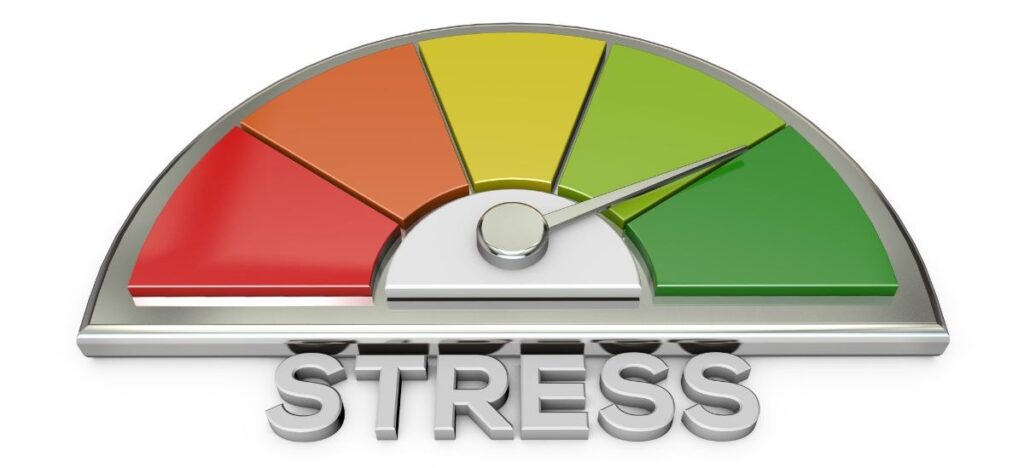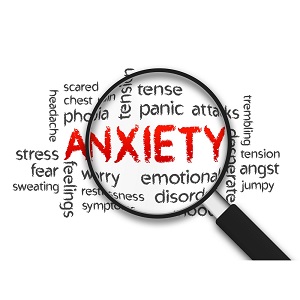 We would all feel much better if we could reduce stress. When we discuss stress, we refer to the kind that has a detrimental effect on our bodies and minds.
We would all feel much better if we could reduce stress. When we discuss stress, we refer to the kind that has a detrimental effect on our bodies and minds.
You’ll experience it if, for example, you’re an introverted student who has to give a presentation in front of your class.
Or perhaps you’re an employee who has a mountain of work to complete before a deadline.
Stress isn’t always a negative thing. In fact, it’s what gives you the ability to react quickly and get out of the way of an oncoming car.
Your body’s emergency response system activates whenever it detects what it deems to be a stressful situation.
This causes your body to flood your system with hormones that get it ready to deal with whatever is happening.
It’s possible that being anxious will help you perform better while you’re being tested or interviewed for a job.
On the other hand, prolonged or excessive stress can be detrimental to a person’s health.
It may result in difficulty falling or staying asleep, confused thinking, migraines, despair, or even death.
Take a look at the following suggestions to reduce the amount of stress in your life:
1. Identify the Sources of Stress and Learn to Cope
 Learn to recognize what causes you stress and how you respond to it.
Learn to recognize what causes you stress and how you respond to it.
Take note of your thoughts, feelings, and behavior while under pressure, for instance, and consider writing down your observations if they prove useful.
It’s possible that becoming more self-aware of how you react to stress could help you reduce stress and cope with it more effectively.
Think about how you can keep yourself from getting into difficult situations in the future.
If it is not possible to prevent their influence, look for other ways to decrease its impact, such as improving the way you organize your duties or your time.
2. Make Sure Your Health Is a Priority
Embrace more wholesome ways of behaving. Your mood can benefit from exercise, and it can also help you better reduce stress.
You should also make an effort to consume nutrient-dense foods, limit the number of times you skip meals, maximize the amount of time you spend in bed, and ensure you receive enough rest.
In addition to this, stay away from potentially hazardous “solutions” to your stress.
In the long run, stressful behaviors like abusing drugs, alcohol, sex, or food only worsen, potentially because they rob you of your health and the money you’ve worked so hard to earn.
3. Work on Cultivating Your Sense of Humor
When it comes to coping with stress and anxiety, we shouldn’t discount the value of having a good sense of humor.
Laughter has been shown to be beneficial to one’s physical and mental well-being.
When we laugh, our bodies release endorphins while decreasing their adrenaline production.
Adrenaline is one of the primary hormones that contribute to the negative effects of stress.
4. Get Support
 Talking things over with someone who gets it can be helpful when you’re feeling overwhelmed.
Talking things over with someone who gets it can be helpful when you’re feeling overwhelmed.
A trusted friend might be able to show you things from a different angle or even point you in the direction of a solution that you hadn’t thought about before.
In addition, letting go of your burdens is one of the best ways to feel better.
Those with social support networks are better able to deal with stress and have better mental health than those who try to handle things independently.
It is a good idea to look for professional assistance when you reach a point where you are either too overwhelmed to handle things on your own or when you become aware that your stress is becoming chronic.
This will assist you in pinpointing the origin of the stress and the factors that exacerbate it and may even make it easier for you to reduce or remove the stress altogether.
It is Important to Reduce Stress!
The pressures of the modern world are getting steadily worse.
Reducing stress is more important now than ever, not only for living a joyful life but also for living in general.
Try these strategies and see if they put an end to the chaos that is generated by stress. By doing so, you will get to enjoy your life fully.






